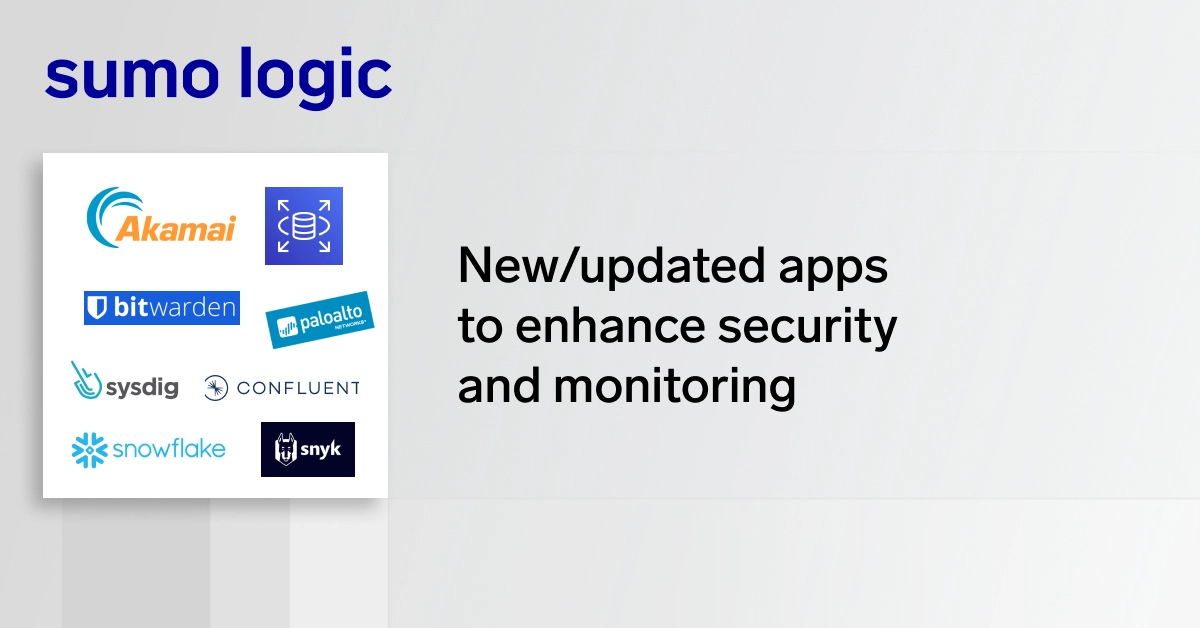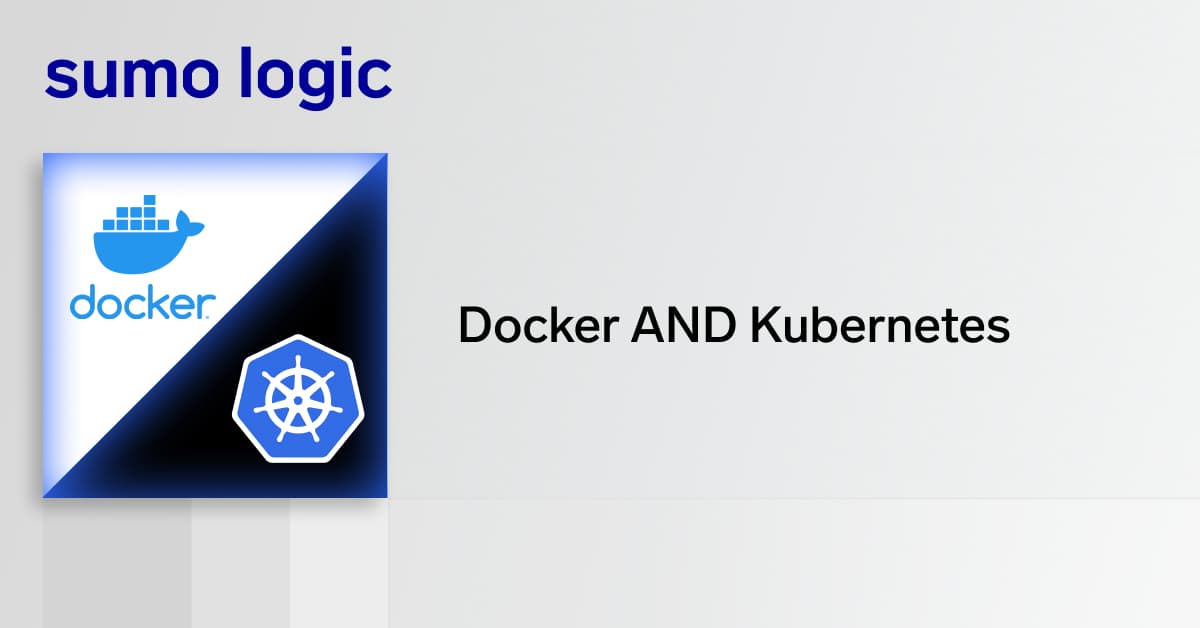The way we all experience and interact with apps, devices, and data is changing dramatically. End users demand that apps are responsive, stable, and offer the same user experience no matter which platform they are using. To build these well, many developers consider creating cross-platform apps. Although building a separate native app per platform is a preferred approach for mass market consumer apps, there are still a lot of situations where it makes more sense to go cross-platform. In this post I’ll look at the most popular strategies a developer faces when it comes to building a mobile app, and some tools that help you to build well.
Mobile Web Apps
This is probably the most easiest way onto a mobile device. Mobile web apps are hosted on a remote server and built using identical technologies to desktop web apps: HTML5, JavaScript and CSS. The primary difference is that it will be accessed via mobile device’s built-in web browser, which may require you to apply responsive web design principles to ensure that the user experience is not degraded by the limited screen size on mobile and that would be costly to build and maintain. The cost of applying responsive design principles to a web site may be a significant fraction of developing a mobile app.
Native Mobile Apps
Native apps are mainly developed using the device’s out-of-the-box SDK. This is a huge advantage as you have full access to the device’s API, features, and inter-app integration. However it also means you need to learn Java to build Apps for Android, Objective-C for iOS, and C# for Windows phones. Whether you are a single developer or working with a company and multi team skills, learning to code in multiple languages is costly and time-consuming. And most of the time, all features will not be available on every platform.
Cross-Platform Mobile Apps
Cross-platform apps have somewhat of a reputation of not being competitive against native apps, but we continue to see more and more world class apps using this strategy. Developers only have to maintain a single code base for all platforms. They can reuse the same components within different platforms, and most importantly, developers can still access the native API via native modules.
Below are some tools that support building cross-platform apps:
PhoneGap
Owned by Adobe, PhoneGap is a free resource and handy to translate HTML5, CSS and JavaScript code. Once the app is ready, the community will help in reviewing the app and it is supported all major platforms including BlackBerry.
Xamarin.Forms
With a free starter option, Xamarin.Forms is great tool for C# and Ruby developers to build an app cross-platform with the option of having access to native platform’s API. The a wide store of component to help achieve the goal faster. Xamarin has created a robust cross platform mobile development platform that’s been adopted by big names like Microsoft, Foursquare, IBM, and Dow Jones.
Unity 3D
This tool is mainly focused on building game apps, and very useful when graphics is most important detail in it. This cross platform mobile development tool goes beyond simple translation. After developing your code in UnityScriptor or C#, you can export your games to 17 different platforms, including iOS, Android, Windows, Web, Playstation, Xbox, Wii and Linux.
When it comes to building an app, whether cross-platform or not, views and thoughts always differ. My preference is cross-platform for one main reason; it is less time-consuming – that is critical because I can then focus on adding new features to the app, or building another one.
About the Author
Mohamed Hasni is a Software Engineer focusing on end-to-end web and mobile development and delivery. He has deep experience in building line of business applications for large-scale enterprise deployments.


